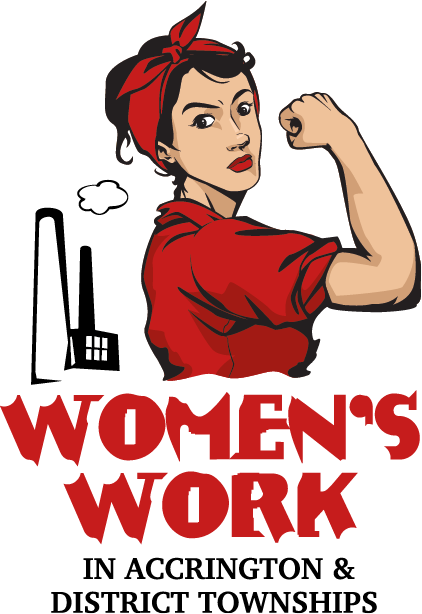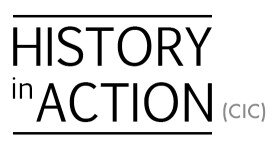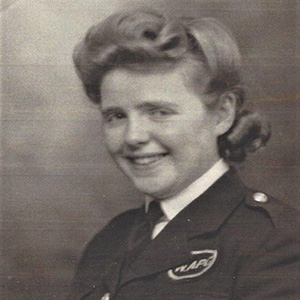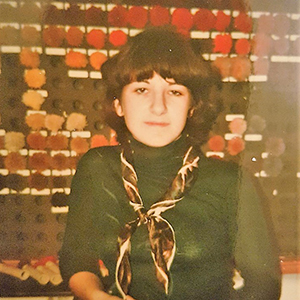Women’s Work is a National Lottery Heritage Funded project, highlighting Hyndburn women’s workplace experiences in the early days of equality.
It was run by History In Action CIC, who specialise in bringing community heritage to life through performance. Oral historian Trizia Wells recorded interviews which were then dramatized by playwright Mick Martin and brought to life by actors from Oswaldtwistle Arts Centre and students from Burnley College in the film you see here.
Over 20 women aged between 60 and 92 shared their stories of life in male dominated workplaces during the 50s, 60s and 70s. These were different times. Girls left school at 15 and worked a 40 hour week. They didn’t have the same opportunities for education or careers that women enjoy now. Life was hard and a sense of humour certainly helped, as these women’s stories show.
This is a generation of women which is often overlooked, especially working class women, and we are proud to bring their stories to a wider audience. Some of the women worked at Stanhill mills and we are grateful to Stanhill Village Heritage for hosting the project on their website. We hope that Women’s Work helps today’s young women to understand what their mums and grandmas experienced and to see that generation in a new light. To hear the interviews and find out more about the women, simply click on their photos. You can read transcripts, hear recordings of their interviews and see more photos. Later in 2021 you will be able to hear extracts from the interviews in a talking chair at Accrington Library. And in early 2022, the National Museum of Football will be including Elizabeth Taylor’s story in their exhibition to mark the WEUROs centenary.
To find out more about History In Action CIC or share ideas for future projects, please visit www.historyinaction.net























